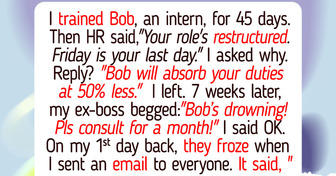I Forbade My Stepdaughter From Eating Meat — My House, My Rules

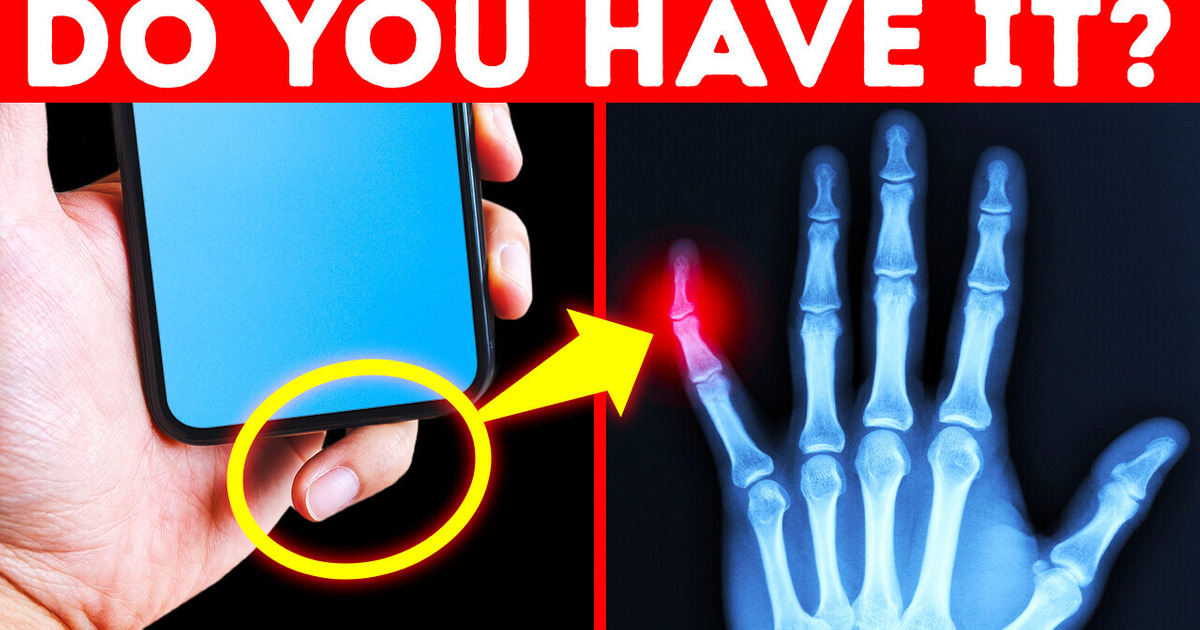
Look at these 2 pictures. Can you spot the difference? Yup, one pinkie looks a bit off, and it’s all because of something you carry with you all day. If your pinkie looks like this, then you’re in danger!
Nah, I’m just kidding. This happens when you’re holding your smartphone in such a position that the weight on your pinkie makes it look weird. There’s nothing particularly wrong with that except the way it looks after.
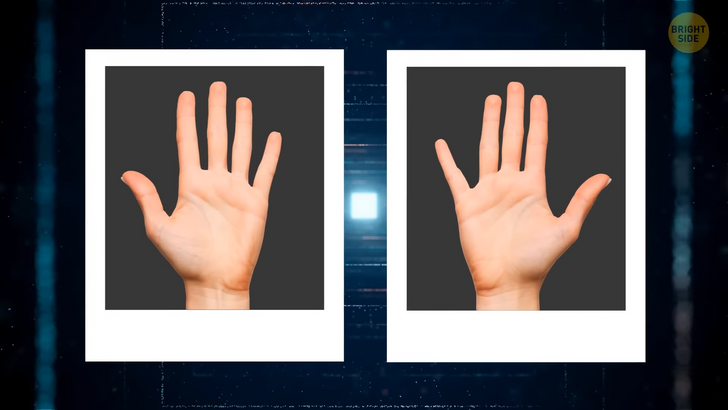
According to experts, holding an object in a one-hand claw grip isn’t a natural position that our hands are used to. But luckily, the mark isn’t gonna stay forever. There just isn’t enough force to permanently make your pinkie look like that. Just think of it like a mark on your face when you wear glasses all day or if you’re wearing a watch on your wrist.
Another thing you should look out for is “texting thumb”. It’s just what it sounds like — your thumb experiences some soreness after texting for too long. This phenomenon has actually been around since the 80s but was known as “gaming thumb.”
There was a looming fear that kids who play too many video games would have sore thumbs and this developed into the 2000s when texting became popular. Hey, remember back when if you said somebody was “all Thumbs” it meant they were clumsy. Maybe now it means they’re a superfast texter!
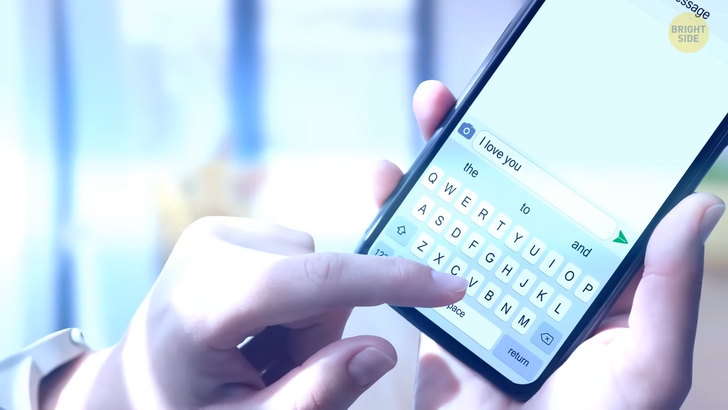
There’s also a condition called “trigger finger” where your finger gets stuck in one place after texting for too long. Sore wrists and hands are also something to look out for. Almost nothing can permanently affect you, but it’s just a sign that you’re probably using your smartphone longer than you should. In the past 10 years or so, phones have become more and more involved and necessary in our daily lives.
Anyone who still uses an old cell with buttons or a flip phone will definitely get some weird looks from people. Unless, of course, you’re using a smart flip phone in which case people will stare at you with curiosity.
Your smartphone is probably the first thing you grab in the morning. Don’t lie. It’s probably because your alarm for the morning is on your phone. Apart from smartphone pinkie and other stuff that can physically affect our hands and wrists, there is a dark side to these amazing devices.

Studies show that checking your phones right before bed can affect your productivity the following day. It can affect your sleeping habits since you’re too involved with browsing your friend’s feed while they’re on vacation or just reading a cool Bright Side article. DISCLAIMER: We’re not responsible for keeping you up at night. It’s just that we often don’t check the clock before realizing it’s way past our bedtime.
Before smartphones there were computers, I mean computers are still around today, but I mean getting any sort of information required you to go to the nearest desktop, boot up your modem (I’m dating myself here), go online, and search for whatever it is you need. And if you didn’t own a desktop, then it was just a bus ride away to the library or your friend’s house.
The common element here is that you had to physically get up and go to a destination to acquire information. These days, we sometimes don’t even feel like getting up to charge our smartphones. The internet is literally in the palm of your hands so any information you need is just a few taps away.
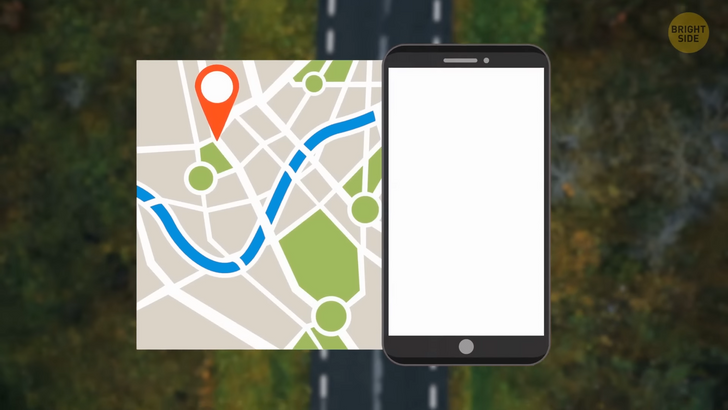
It’s almost impossible to not have your information online. Whether you have Instagram, TikTok, Facebook, or anything else your information is out there for anyone to grab. We don’t realize that the longer we stay on our phones, the more personal info we share. Most of the time, your GPS is on, which means the apps you’re using know your location.
Any information you put on Google is automatically creating a sort of folder where your profile exists. Once it’s created, they can show you ads related to the things you’re viewing. E-commerce websites also have a sneaky method of tracking your device and creating a profile even if you don’t buy anything. If you click on a new pair of shoes and then search for books, they will continue sending you pop-up ads of shoes.
Don’t be tricked by cloaking yourself in incognito mode — this will only hide your history from the browser you’re using. Yup, internet service providers, websites, and apps can still know what you’re doing.
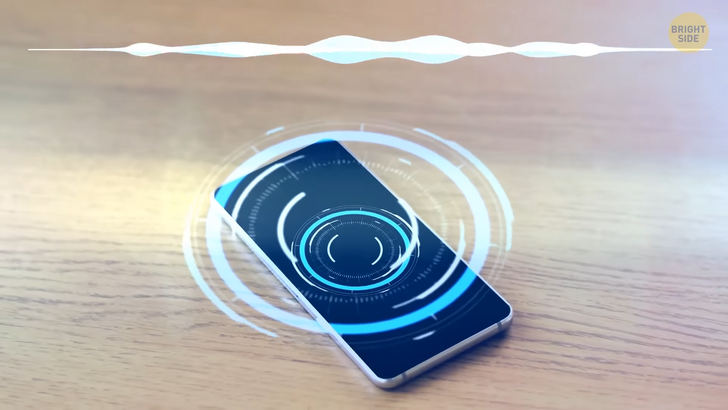
Have you ever wondered if your smartphone is listening to you? You’re sitting and talking to your friends about something and when you go home, you see an ad on the very thing you were talking about. Sounds familiar? Well, for one thing, it’s not because your microphone is on and is taking notes of what you’re saying. Since your GPS is active, websites and apps know that you’re physically sitting with people who might be interested in something you’re not.
For instance, you might be talking about joining a gym with your friends. You may have not even searched for anything related to fitness on your phone. But your friend happens to be a gym buff. All of your phones have active GPS working and know that you’re sitting in the same location. So, it will show you ads that are from your friend’s profile. It also helps if you’re friends on Facebook or following each other on TikTok or Instagram.
It’s not like they know what you’re doing every second outside your social media life. They won’t know that you’re eating a pepperoni pizza while browsing the web for your new vacation spots. One of the best ways to avoid trackers from getting your information is to use a dummy email address where you can register or subscribe to certain accounts. Most platforms or websites require a basic email address for establishing communication. But others will ask you for your phone number, home address, date of birth... You get the picture.

And while you’re at it, you can use two separate browsers for different internet activities. It also helps to frequently clear your browsing history, cache, and cookies. Cookies are delicious, and they’re also little pieces of data that are saved on your browser after entering a website. Once the website you entered realizes that you’re frequently enabling the same settings like language preference, saving your email, and other navigations, it will save it so that the next time you enter the website it will present it just as you like it. Cookies aren’t necessarily a bad thing, but the cookies on search engines like Google will allow tracking cookies that take some of your info and put it in that folder for their profile.
There’s a lot more you can do with your smartphone than you realize. Did you lose your TV remote? No problem. If you own an Android phone, then you can download an app that can turn your smartphone into a universal remote. This also works for air conditioning and anything with infrared. Our smartphones have built-in infrared, so they can easily act as a universal remote. We don’t realize that we’re carrying mini-computers in our pockets.
Imagine just more than 10 years ago a telephone, a calculator, a GPS, a computer, a CD player, a Wallet, and anything you can carry in a backpack are all mashed up together in a single device that fits in your hand. Some flagship Samsung models allow you to connect your phone to a monitor and use it like a Windows desktop. All you have to do is tap on Dex mode while it’s hooked up to a monitor and done. You can link a Bluetooth mouse and keyboard and get to work. Many apps function properly and, in some cases, even replace your desktop altogether.
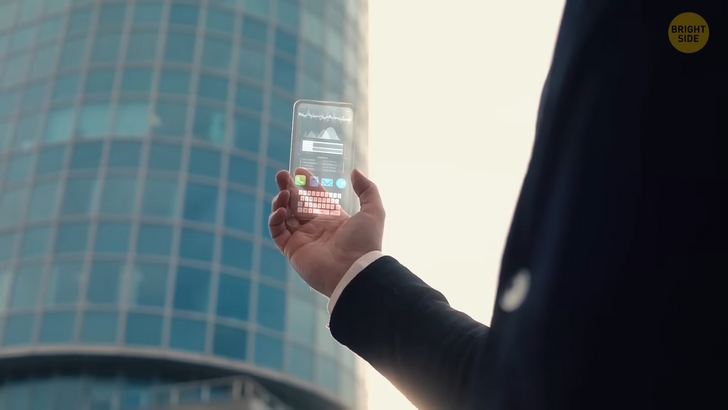
According to experts, smartphones in 2030 and onward might not even have any ports or buttons. It will just be a thin block with a screen. Phones are already eliminating the headphone jack and introducing wireless charging, but no ports mean the smartphone could be 100% water-resistant.
The main game changer in future smartphones is the use of artificial intelligence or AI. (Hey, I’ve used artificial intelligence for years. Still hoping for the real thing...)
We’re no strangers to AI technology as it’s currently used in Google and Amazon but by then it will be much more advanced and complex. The AI voice can be so human-like that it feels like you’re talking to a real person. That AI voice will learn proper human speech patterns so it — does — not — sound — like — this. There’s one thing certain — smartphones aren’t going anywhere anytime soon.





